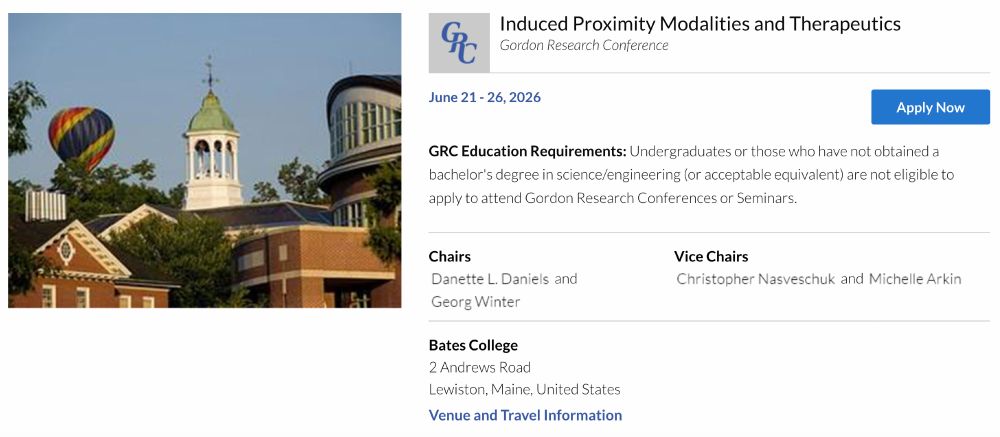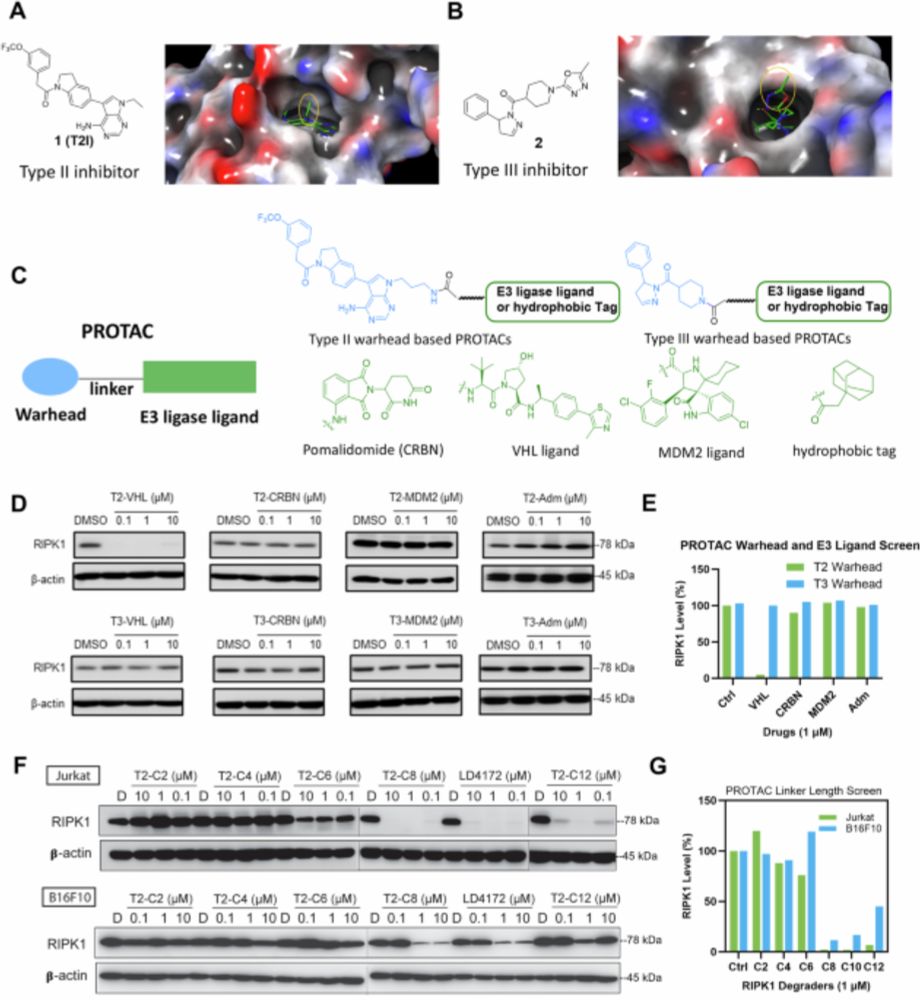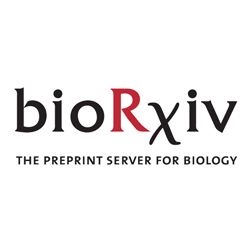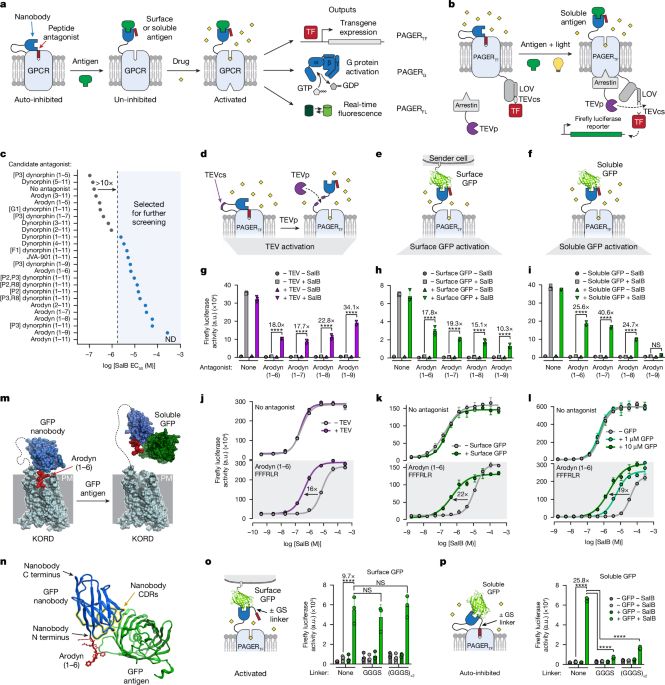
tinyurl.com/brtuffam

tinyurl.com/brtuffam
We look forward to welcoming you at our #FCQC2025 in March!
@womenintpd.bsky.social @danetteldaniels.bsky.social

We look forward to welcoming you at our #FCQC2025 in March!
@womenintpd.bsky.social @danetteldaniels.bsky.social





Happy 2025 ☺️☀️☺️
We are offering two conference scholarships for 2025 to early career scientists! One for the Keystone Proximity-Based Therapeutics Conference and one to Frankfurt Conference on Quality Control in Life Processes. Application and details: forms.gle/aP4n7HTujetb...

Happy 2025 ☺️☀️☺️

chemistry-europe.onlinelibrary.wiley.com/doi/full/10....

chemistry-europe.onlinelibrary.wiley.com/doi/full/10....
www.nature.com/articles/s41...

www.nature.com/articles/s41...
www.biorxiv.org/content/10.1...

www.biorxiv.org/content/10.1...
www.biorxiv.org/content/10.1...

www.biorxiv.org/content/10.1...
www.nature.com/articles/s41...

www.nature.com/articles/s41...




Refreshing to see papers that go to great pains to set the record straight being published in a high profile setting

Refreshing to see papers that go to great pains to set the record straight being published in a high profile setting
www.biorxiv.org/content/10.1...

www.biorxiv.org/content/10.1...

go.bsky.app/SqLa3aw
go.bsky.app/SqLa3aw


📯List: >200 chemical biologists (probes, OC, PC, imaging): bsky.app/profile/did:...
📯Women in ChemBio Pack: bsky.app/starter-pack...
📯General #ChemBio Pack: bsky.app/starter-pack...
📯 #Photopharma: bsky.app/profile/trac...
#chemsky 🧪 🔬
📯List: >200 chemical biologists (probes, OC, PC, imaging): bsky.app/profile/did:...
📯Women in ChemBio Pack: bsky.app/starter-pack...
📯General #ChemBio Pack: bsky.app/starter-pack...
📯 #Photopharma: bsky.app/profile/trac...
#chemsky 🧪 🔬
pubs.acs.org/doi/10.1021/...

pubs.acs.org/doi/10.1021/...

www.nature.com/articles/s41...

www.nature.com/articles/s41...

